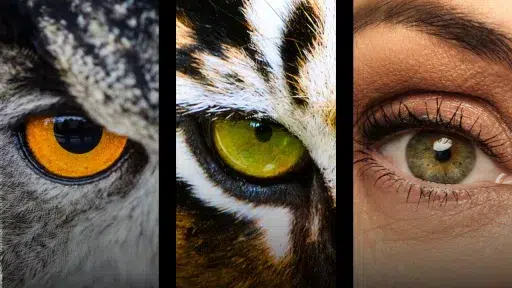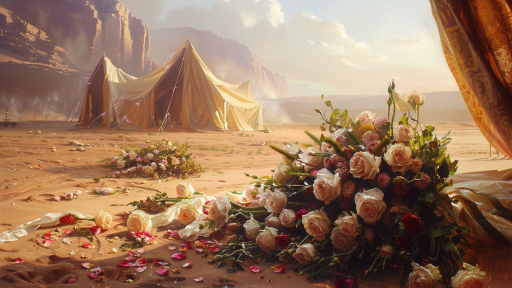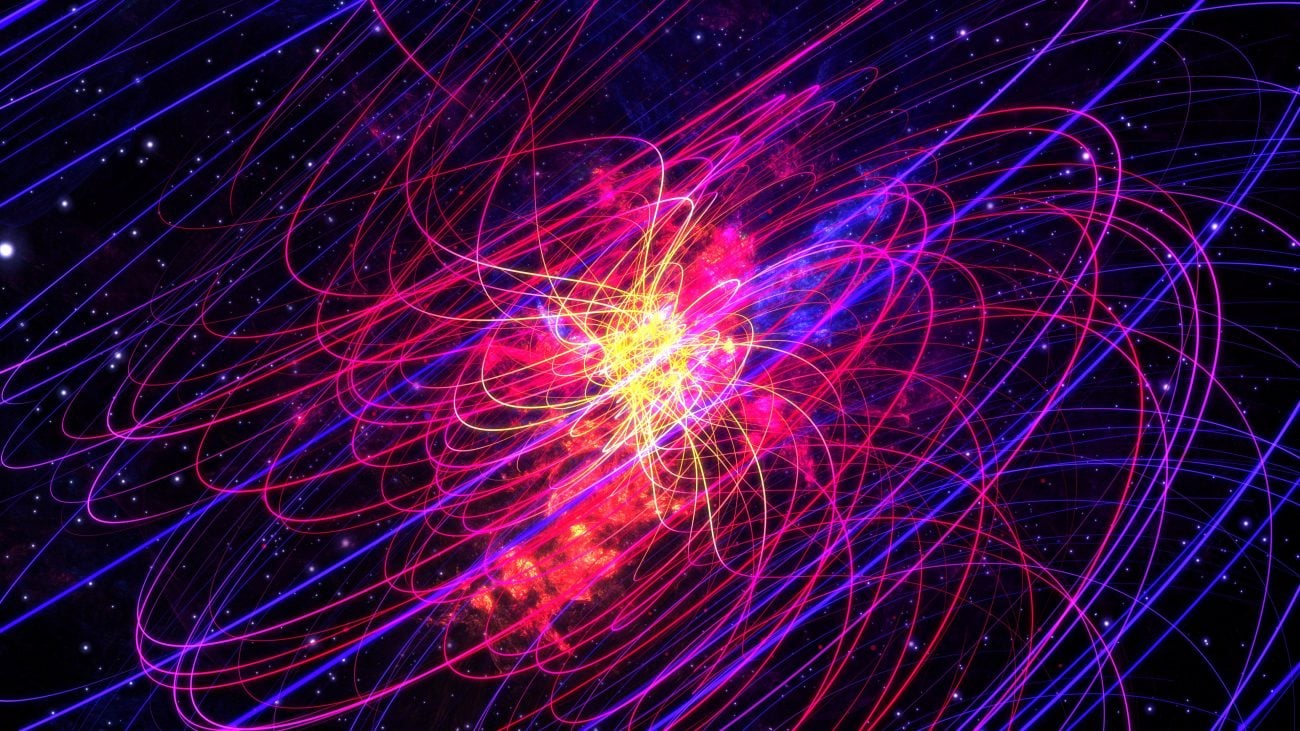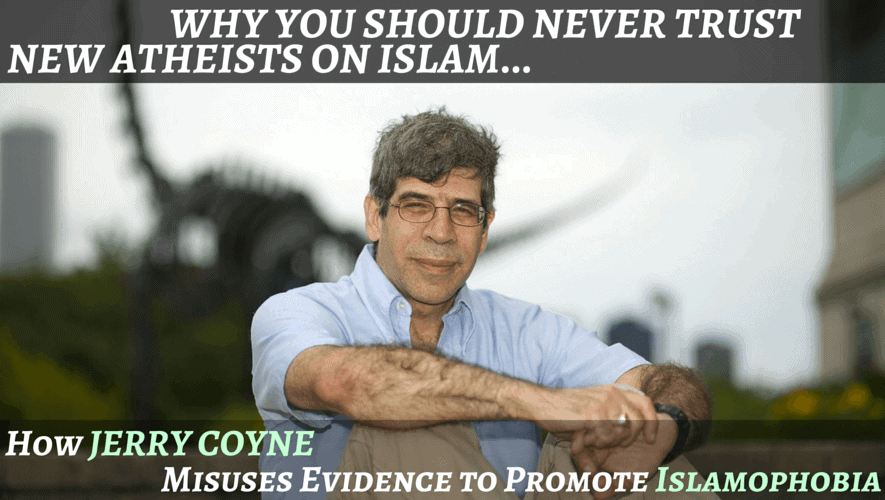With the recent controversy over whether Humanism should be taught in UK RE classes, this belief system is getting more attention than it’s ever done. We thought we’d help out the British Humanist Association with their policy of promoting critical thought around Humanism by publishing a series of posts examining whether Humanism makes any sense at all. This installment was written by HuffPost blogger Damir Rafi. Enjoy!
~Humanism & its Discontents: Part 5~
Last summer I ventured to Cornwall for a week-long holiday. I stayed in a beautiful, serene countryside lodge on the very southernmost tip of the UK, and from my window I could see miles of green farmland, eventually merging into the distant, devouring sea. Beautiful though it was, rain dominated much of the week, and as I looked outside my living room I could see a herd of cows, constantly getting drenched by the storms that encircled them. Being confined to the indoors, and having little to do, I would sometimes watch these cows and pity them for the seemingly miserable lives that they were leading. Every day must be identical for them, I thought– wandering the same fields, having nothing to do except eat the same grass, just waiting to be eventually slaughtered and turned into steak for some rich man’s supper. From their perspective, existence must be purposeless, devoid of any kind of meaning.
However as I watched these cows further I realised that they appeared, superficially at least, fairly content. Perhaps, I thought, the cows themselves may not concur with my bleak analysis of their lives. ‘No!’ They might cry. ‘Our existence is not purposeless. We make our own meaning out of our lives! Look here – one of my children finds his meaning in walking around our field – one day he aspires to complete a full marathon without stopping! My other child finds his enjoyment from food, and my wife – more of an intellectual – spends her days aspiring to become the first flying cow. As for me, well I seek to one day become the commander of this herd, so I spend my days attempting to prove to the others just how worthy a leader I am!’ How dare you imply that our lives are devoid of meaning!’ Maybe this is true, I thought – perhaps each cow does have its own raison d’être. Nonetheless I couldn’t help feeling that whatever these cows may claim, the only purpose with any kind of significance was providing us humans with nourishment after their death. Being farmed and reared and subjugated completely by human beings rendered any other meaning which they appointed for themselves, well, sort of irrelevant.
The humanistic philosophy of life is that there is no grand, external purpose to life – rather human beings create our own meaning based on our own talents and abilities and interests. Some find meaning in making music or engaging in science, others in creating wonderful art or designing buildings. This is truly what life is about, they say – what we ourselves make of it. At first glance this may seem like an endearing philosophy, but on reflection it is just as bleak as the mentality of the Cornish cows. The fact is that either life has a meaning or it does not. If there exists an external creator – a God of the Universe – then our purpose must match the purpose that He has given us. If there is no God, and the entire universe is simply a random cosmic accident, then whatever we may claim, our lives possess no inherent value, and the acts that we do and the achievements that we accomplish ultimately mean nothing, for they, along with us, will eventually die out. Whether life does or does not have a purpose is independent of our own musings on the matter. Life does not have meaning simply because we say it does.
The Holy Qur’an addresses this topic directly with reference to cattle:
‘It is Allah Who has made cattle for you, that you may ride on some of them, and eat of the flesh of some of them – And you derive other benefits from them – and that, by means of them you may satisfy your desire that may be in your breasts…And He shows you His Signs; which, then of the Signs of Allah will you deny?’ [Qur’an 40:80-82]
The verse makes the point that even though man did not create cattle, he still exercises complete command and control over them, whereas it was God that created both the cattle and man himself – and yet he refuses to acknowledge God’s control over him or the purpose that he was created for. Indeed, if this claim is true, and we were created by a conscious designer rather than by a blind process, then it stands to reason that any action we do that is in any way contrary to the purpose that He has created us for is both futile and ultimately meaningless. To truly live life to the full, and generate true meaning from it, does not mean simply following our egos and passions. Rather it entails exerting every effort to determine whether a genuine purpose to life exists, and then moulding our personal desires in accordance with the will of He who designed us.
Otherwise, like Cornish cows, we will be lost, aimlessly butchering away our lives rather than realising what really matters.
“Say, ‘Shall We tell you of those who are the greatest losers in respect of their works? – Those whose labour is all lost in pursuit of the life of this world, and yet they imagine that they are doing good works.’” [Qur’an: 18:104-105]
To end, I present a quote on this subject from his holiness, Mirza Ghulam Ahmad, on whom be peace, the Founder of the Ahmadiyya Muslim Community:
“Different people, being short-sighted and lacking high resolve, appoint different purposes for their lives and limit themselves to worldly goals and ambitions. But the purpose that God Almighty has appointed for man in His Holy Word is as follows: “I have created men and jinn so that they may know Me and worship Me.” Thus the true purpose of man’s life is the worship of God, His understanding and complete devotion to Him. It is obvious that man is not in a position to appoint the purpose of his own life, for he does not come into the world of his own accord, nor will he depart therefrom of his own will. He is a creature and the One Who created him and invested him with better and higher faculties than those of all other animals, has also appointed a purpose for his life. Whether anyone penetrates to it or not, the purpose of man’s creation without a doubt is the worship and the understanding of God and complete devotion to Him. At another place God Almighty has said in the Holy Quran: The religion which provides true understanding of God and prescribes His true worship is Islam. Islam is inherent in man’s nature and man has been created in accord with Islam. That is the everlasting faith. This means that God has desired that man should devote himself to His worship and obedience and love with all his faculties. That is why He has bestowed on man all the faculties that are appropriate for Islam...
Here we wish to state briefly that the true purpose of the internal and external limbs and faculties that have been bestowed on man is the understanding of God and His worship and His love. That is why, despite occupying himself with diverse projects in this life, man does not find his true welfare except in God. Having had great wealth, having held high office, having become a great merchant, having ruled a great kingdom, having been known as a great philosopher, in the end he departs from all these involvements with great regret. His heart constantly rebukes him on his total preoccupation with worldly affairs and his conscience never approves his cunning and deceit and illicit activities. An intelligent person can appreciate this problem in this way also, that the purpose of everything is to be determined by its highest performance beyond which its faculties cannot operate. For instance, the highest function of a bullock is ploughing or irrigation or transportation. Its faculties are not adapted to anything else. Therefore, the purpose of a bullock’s life are just these three things. It has no power to do anything else. But when we look into the faculties of man and try to discover what their highest reach is, we find that he seeks after God, the Exalted. He desires to become so devoted to God that he should keep nothing as his own and all that is his should become God’s. He shares with the other animals his natural urge towards eating, sleeping etc. In industry some animals are far ahead of him. Indeed the bees extracting the essence of different types of flowers produce such excellent honey that man has not yet been able to match them. It is obvious, therefore, that the highest reach of man’s faculties is to meet God, the Exalted. Thus the true purpose of his life is that the window of his heart should open towards God.” [Ghulam M.A; Philosophy of the Teachings of Islam, p. 164-167]











4.5